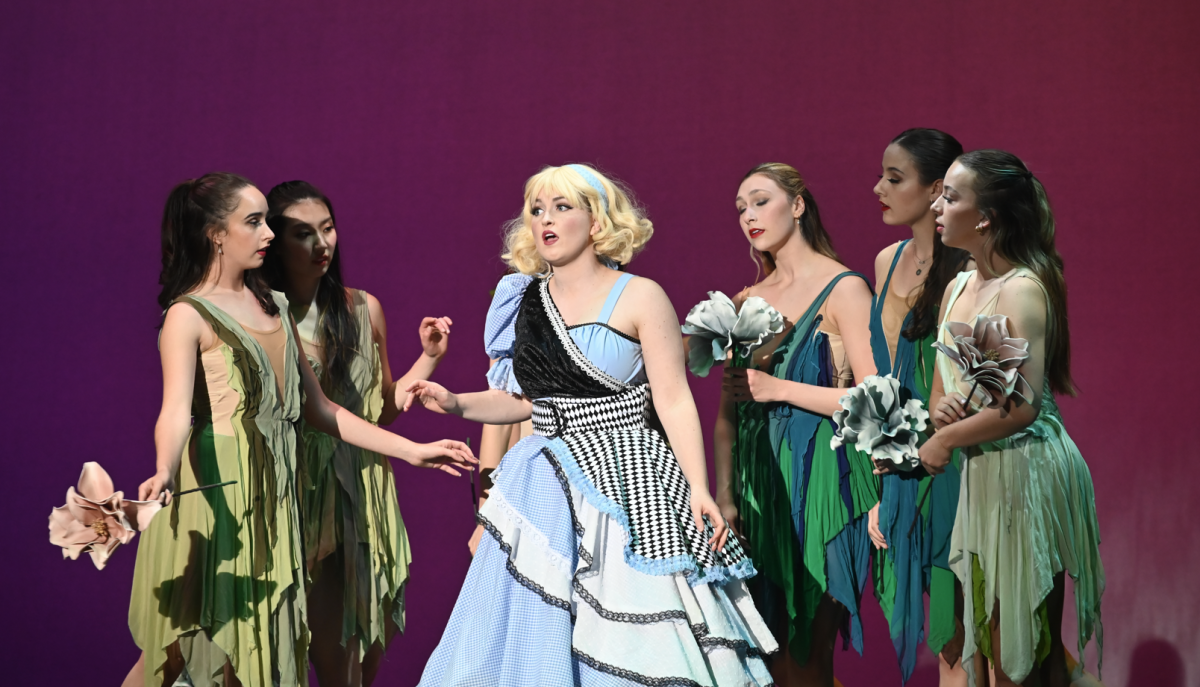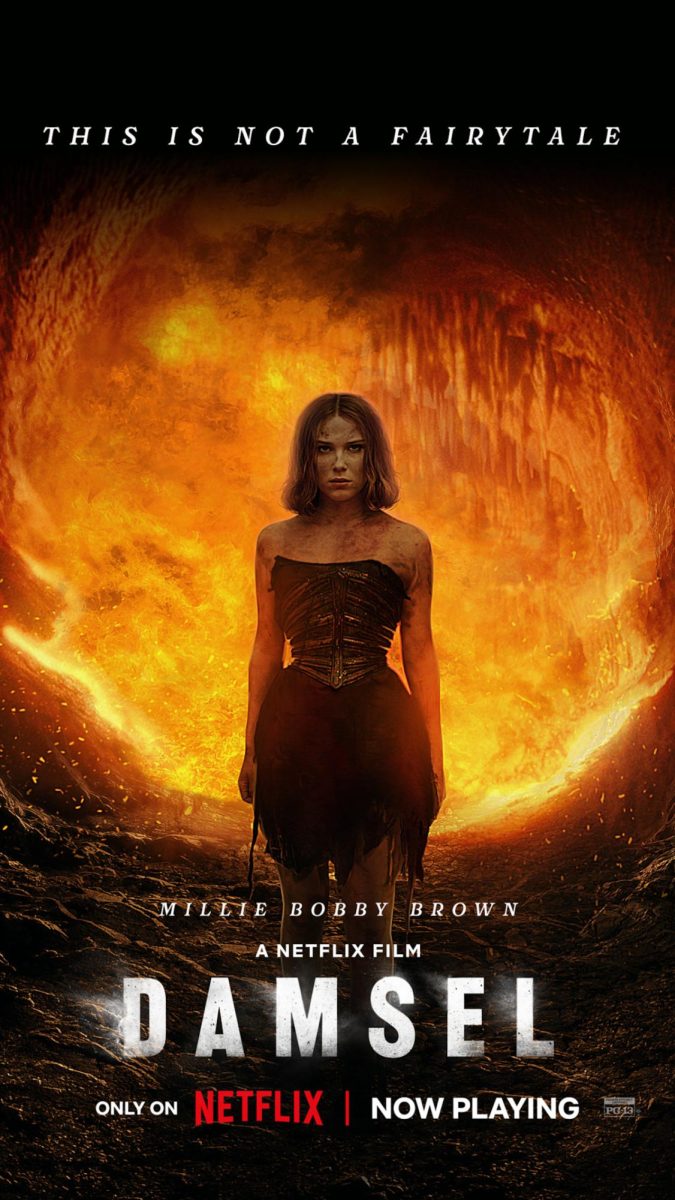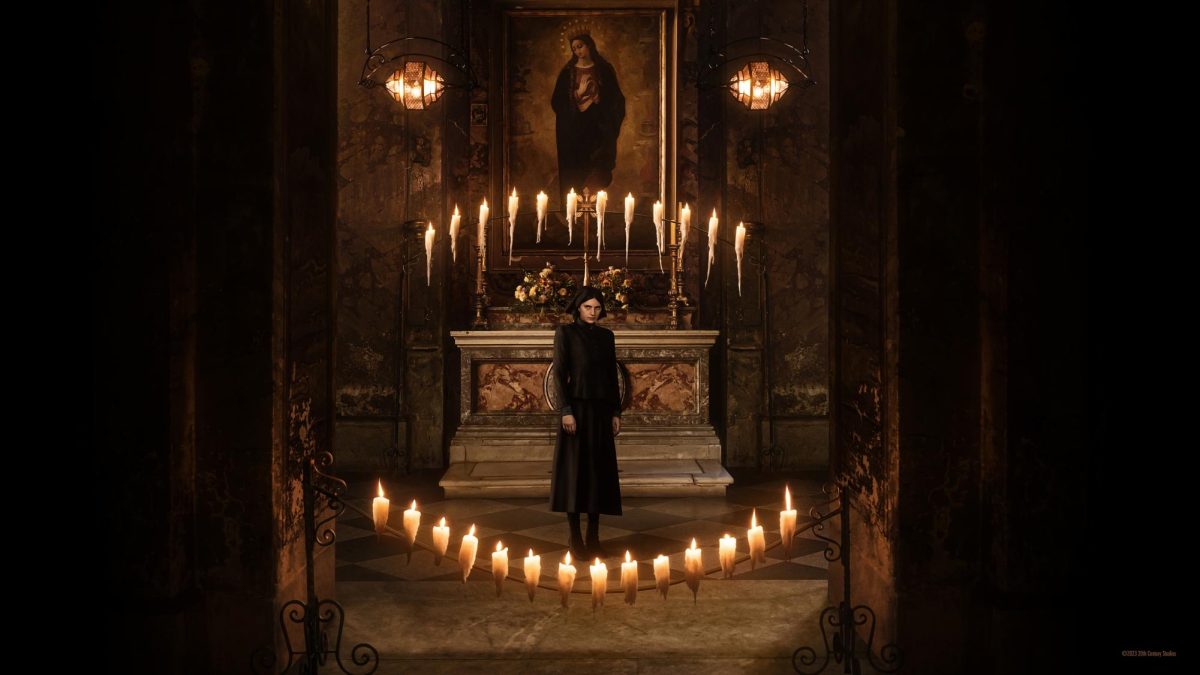In “Late Night,” a new comedy that premiered at the 2019 Sundance Film Festival, Katherine Newbury (Emma Thompson) is at a career crossroads. She is a legendary comedian and late-night talk show host with years of experience at her own show and plenty of acclaims. However, she has become staid as both a host and a boss. Her tired jokes and interest in literary figures cannot compete in a world of viral videos, and Katherine has all but given up on interacting with her staff. Even worse, she is labeled a “woman who hates women” because of her all-male writers’ room. When network executives threaten to replace her as host, she is forced to make major changes, including hiring Molly Patel (Mindy Kaling), a novice who struggles to fit into an all-male writers’ room.
Kaling, who also wrote the screenplay, plays a role far different from the chipper egomania of Kelly Kapoor. Kaling wrings some laughs from the buffoonery and chauvinism of her male-coworkers (the excellent ensemble includes Hugh Dancy, Reid Scott and John Early) but the best moments are the interactions between Molly and Katherine. The severe, brittle Katherine and the naïve, earnest Molly make for an appealing odd couple, and both actresses are clearly enjoying their screen time together. The direction from Nisha Ganatra is unflashy and briskly paced, and Kaling still has a knack for zippy one-liners. (It’s surprising that we have waited this long for her film-writing debut).

“Late Night,” which is reverential about the power of comedy, comes at a time where reverence is at an all-time high. Over the last decade, a group of comedy nerds has devoured behind-the-scenes mythos as much as classic stand-up albums — these are the kind of people who religiously listen to “WTF with Marc Maron” and share twenty-year-old legends from the Comedy Cellar. These kinds of superfans will find some things to love about “Late Night,” though the screenplay is less interested in comedy as an art process than recent films like “Don’t Think Twice” or series like “Crashing.” “Late Night” is also not a straightforward romantic comedy, though, like in “The Mindy Project,” Kaling uses the genre as a reference point. The most obvious inspiration for “Late Night” is “The Devil Wears Prada.” Both films are about the relationship between a legendary, harsh boss and a smart but inexperienced underling. Both films are populist but not dumb and female-friendly but not pandering. Both simultaneously revel in and warn against naked ambition. And both know that even for the most accomplished women, it’s hard to be the boss.

The messaging of “Late Night” can veer uncomfortably close to empty cheerleading of “women in the workplace” — at times, it feels like “Lean In” crossed with David Letterman fanfiction. Still, it’s exciting to watch two funny women star in a movie about two funny women. There is still no real-life analog to Katherine Newbury — right now, no woman hosts a late-night talk show on a major broadcast network. This fact makes “Late Night” both a poignant fantasy and a critique of comedy’s deeply entrenched boys’ club.
Without spoiling anything, “Late Night” unexpectedly covers much territory, including mental illness, white privilege, ageism and (most notably) #MeToo. Kaling’s screenplay never dwells on any of these ideas too long, and lurking beneath the surface of “Late Night” is a more provocative, explicitly political comedy with a bolder point-of-view. “Late Night” is not exactly apolitical, but its actual opinions are murky, and sometimes this feels like a missed opportunity. Still, the film is breezy and charming enough it’s hard to complain — and, as “Late Night” often argues, there is power in being funny for funny’s sake.

















